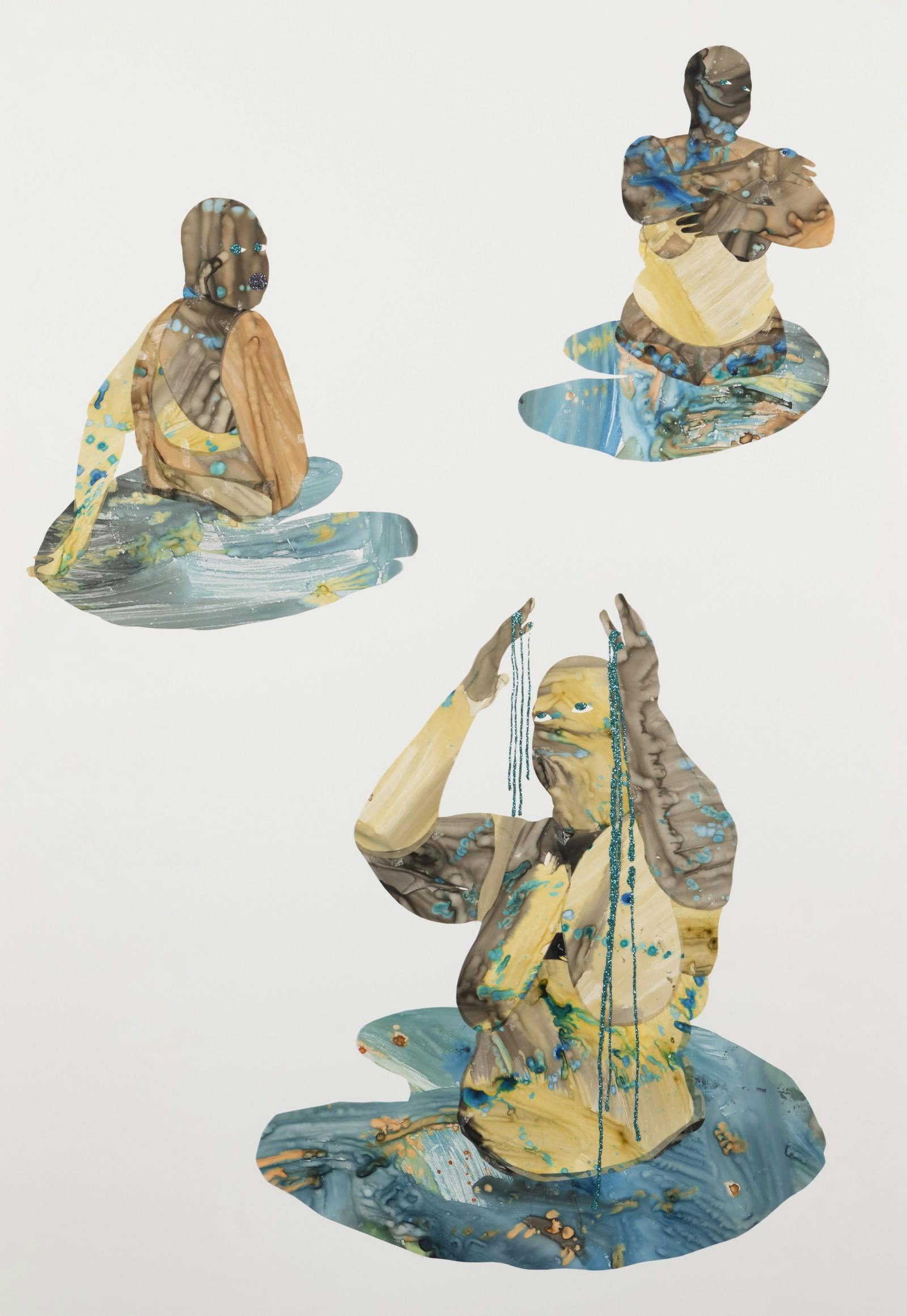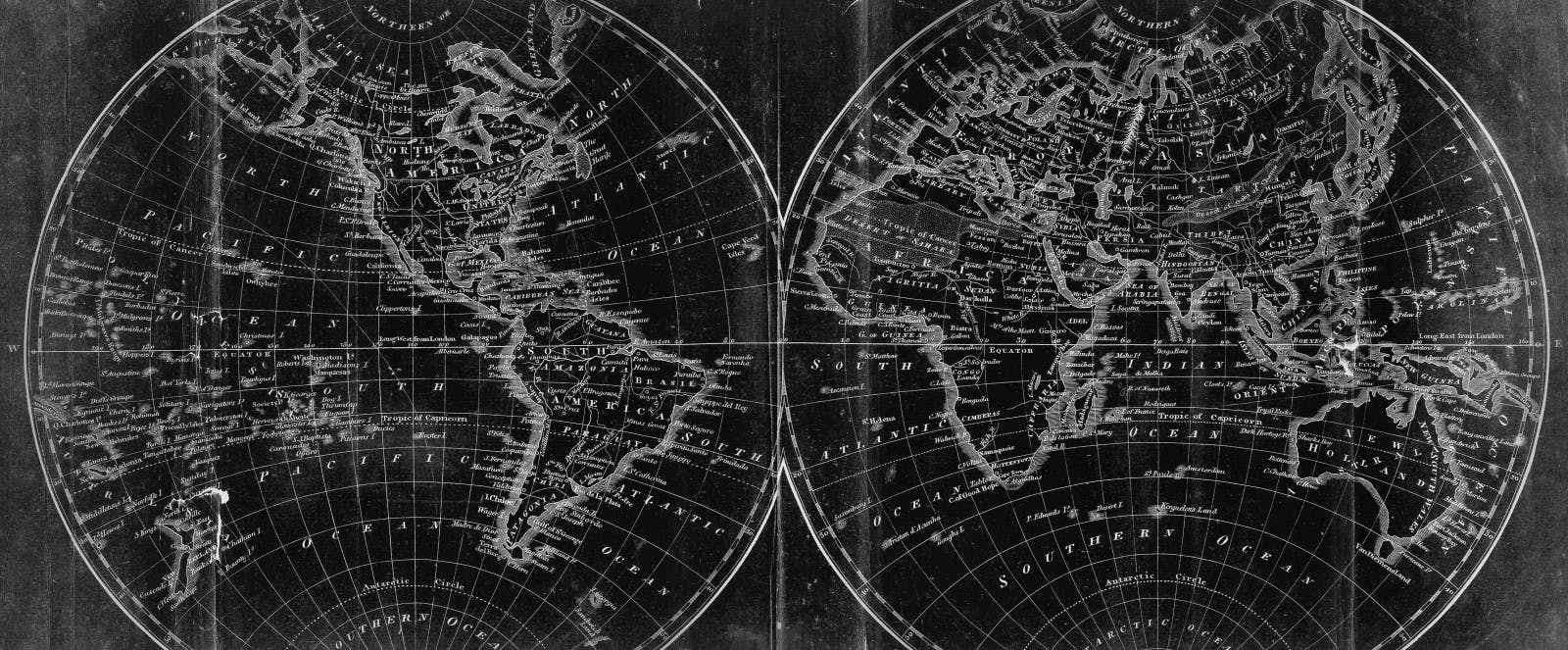Issue 02. Insight
Video: Black Futures
What Black futures do you envision?
In October 2021, we hosted a panel discussion, in partnership with the Atlantic Institute, to launch Moya.
Focused on Black futures, the event featured two contributors to the first issue—Johannesburg-based Atlantic Fellow for Racial Equity Alex Fitzgerald, and Jamaican-American writer Alistair Scott—alongside London-based cultural commentator Jason Okundaye, and Nairobi’s Saida Ali, an activist and Atlantic Fellow for Social and Economic Equity. The discussion kicked off with this question from Saida, our facilitator: What Black futures do you envision?
Click on the video above to watch a recording of the event.


